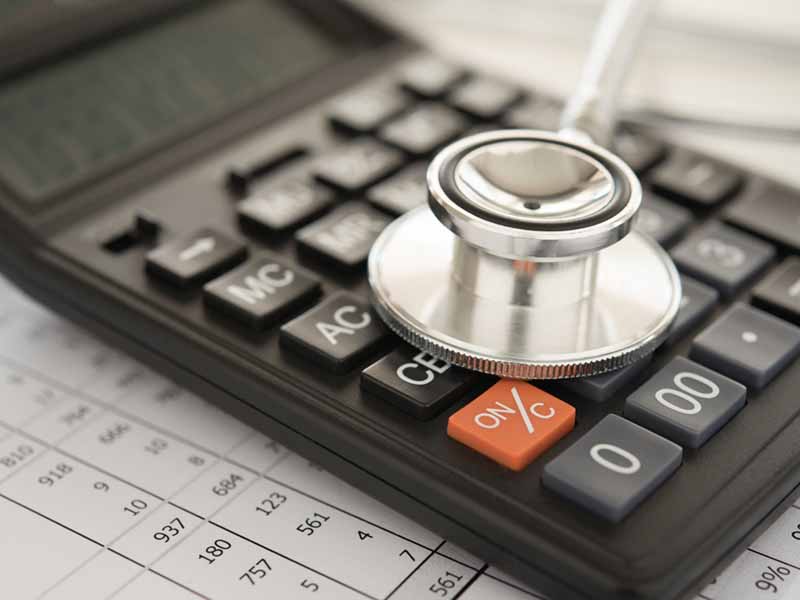AAFP Praises Legislation to Restore Medicaid Payment Parity
Academy, Other Specialty Groups Signal Strong Support for Senate Bill
July 01, 2020, 02:33 pm News Staff – As Medicaid's payment rate lags, threatening access to primary care in areas hit hardest by COVID-19, the Academy is offering immediate support to a Senate bill meant to restore parity with Medicare payment.

The Ensuring Access to Primary Care for Women and Children Act of 2020 (S. 4088) "would match Medicaid payment rates for primary care clinicians to at least those of Medicare, which would help alleviate barriers to care for patients who are most in need," the AAFP and three co-signatories said in a June 25 letter commending the legislation.
The bill would return Medicaid payment rates for primary care services to match those of Medicare for the first time since 2014. Today, Medicaid payment is, on average, 66% of the Medicare rate for primary care services, but it can be as low as 33% of the Medicare rate, depending on the state.
The right-sizing would last two years. Any public health emergency beyond that would again trigger an increase in Medicaid payment, if parity were not already in place at that time, until six months after that new emergency ended. The legislation includes protections to ensure that managed care organizations comply with the rate increases.
The Academy has repeatedly urged restoration of the payment parity called for in the Patient Protection and Affordable Care Act, supporting similar legislation under the same name in 2014 and including the same call to action among a number of advisories to lawmakers in the first weeks of the COVID-19 pandemic.
"When Congress raised Medicaid primary care payment rates to Medicare levels in 2013 and 2014, patient access improved," the letter reminded Sens. Sherrod Brown, D-Ohio, and Patty Murray, D-Wash., sponsors of the current legislation as well as the 2014 bill. The letter's other signers were the American College of Obstetricians and Gynecologists, the American College of Physicians and the American Osteopathic Association.
With COVID-19 again surging across the country, broad access to primary care is crucial.
"The Medicaid program is a critical component of this (pandemic) response, providing health insurance to one in five Americans and covering some of our most vulnerable populations, including low-income children, pregnant women, families, children with special health care needs, nonelderly adults with disabilities and other adults, many of whom are uniquely susceptible to COVID-19 and a host of other adverse health outcomes," the letter said.
Physician practices that accept large numbers of Medicaid patients, however, have faced historic challenges this year. "The low payment rate for Medicaid services, compared to that of Medicare or private payers, is exacerbating their financial instability," said the Academy and its co-signatories, citing recent data quantifying the severe financial hardships faced by scores of practices.
With 62% of patients reporting deep concern about the prospect of their nearest primary care practice closing, the letter added, data from the same source "suggest that Americans' health and well-being are in jeopardy if Congress and the administration do not act now to put primary care on a more sustainable path." Meanwhile, 12.7 million people have become newly eligible for Medicaid coverage in the past three months.
"During this time of crisis, and once things return to normal, it is critical that the Medicaid program be able to respond to take on any qualified new individuals and ensure physicians have the means to serve these new patients," the letter said, recognizing S. 4088 as an avenue toward ensuring that capacity.